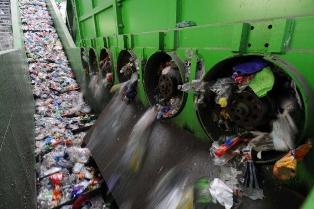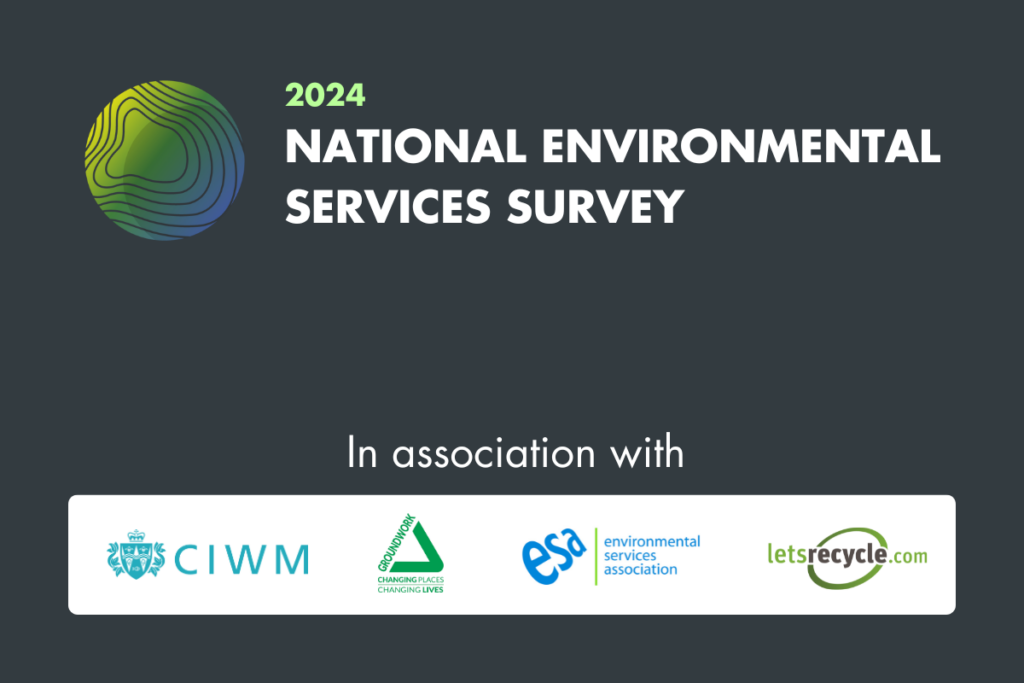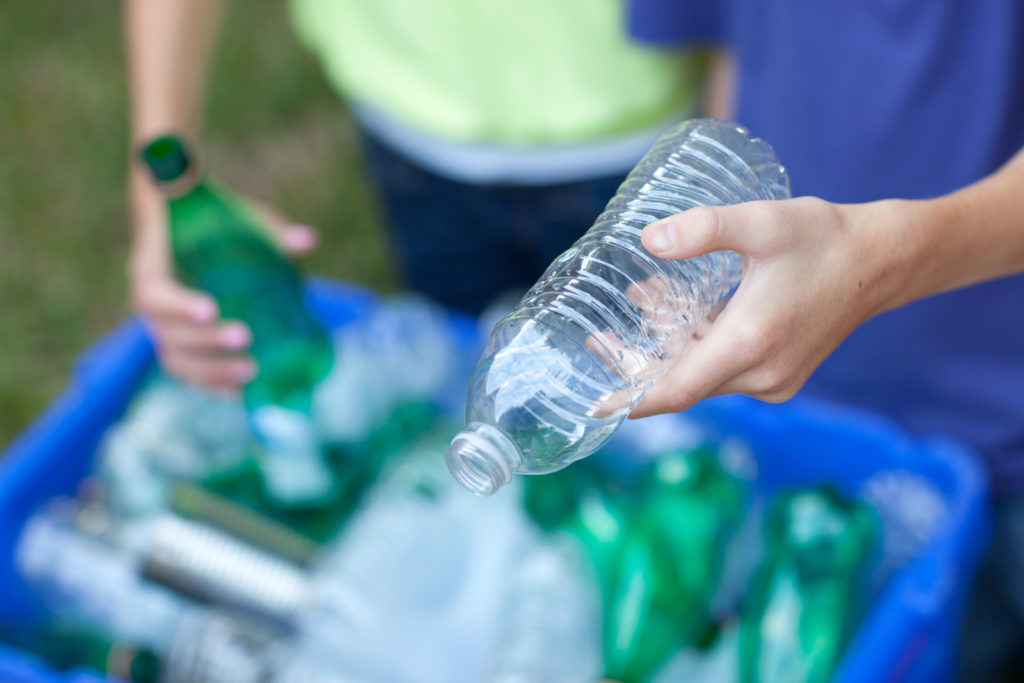The disjointed way recycling is organised across the UK means we are losing an estimated 1.7 billion in material and reuse value each year, a report published today has claimed (July 15).

According to the study from the Circular Economy Task Force a business group convened by the Green Alliance outdated policy means that a plastic bottle discarded at home is treated differently across the UKs 376 waste collection authorities. If the same plastic bottle is discarded at work, it goes through another, separate system. In contrast, in Denmark, the same bottle is treated the same way no matter where it is discarded, which the report claims makes for a simpler, better recycling system.
The report claims that business want to use recycled materials, and reprocessors want to build the infrastructure to provide recycled material, but the UKs current system makes this difficult.
It states: We collect just 30% of plastic packaging for recycling, two thirds of which is exported for reprocessing overseas. For waste electronics, just 2% is reused, even though 23% is suitable for reuse. A better system, organised more like the Danish system, could bring forward 2 billion in private investment in new infrastructure.
The report proposes that recycling is organised at the right scales to reprocess individual materials. For many, like plastics and waste electronics, this means at the regional rather than the current local authority level.
It claims that doing this would:
- Capture 500 million more from waste electronics by increasing reuse and quality recycling
- Support up to 40 new UK plastics recyclers
- Unlock 1.2bn in private sector investment in anaerobic digestion
Materials
.png)
‘The problem is structural. The government could easily turn this around by reforming the system to help businesses get the UK moving toward a circular economy.’
Dustin Benton, Green Alliance
Author of the report, Dustin Benton, said: Local authorities spend more on waste management than housing or planning. Valuable raw materials are lost while businesses are frustrated by a lack of usable recycled materials. The system both stymies demand for recycled materials and prevents businesses investing.
The problem is structural. The government could easily turn this around by reforming the system to help businesses get the UK moving toward a circular economy.
Support
Support for the report and its recommendations have been voiced by Task Force members, including waste management firms Viridor and Veolia.
Dan Cooke, director of external affairs at waste management company Viridor, said: Viridor already operates a closed loop polymers recycling plant and is building another one to capture the most value from recyclable materials. Scaling up collection systems would create the potential for us to do much more, and help deliver a more efficient, lower cost system.
Robert Hunt, executive director of Veolia, added: “It is important that the collection of waste properly reflects the needs of this new resource economy and that the products produced can compete effectively in the market place.”
Andrew Jenkins, sustainable development manager for products at Boots UK added that more consistency in recycling collections would be helpful.
Related Links
He said Greater consistency of collection and recycling systems would help ensure the reliability of material supply thereby facilitating the design and specification of more products incorporating recycled materials.
The Circular Economy task force was set up via the UKs Resource Security Action Plan sponsored by government departments Defra and BIS, and is composed of leading businesses, including BASF, Boots, Interface, Kyocera Document Solutions, Unilever, Veolia, Viridor, and WRAP.










Subscribe for free